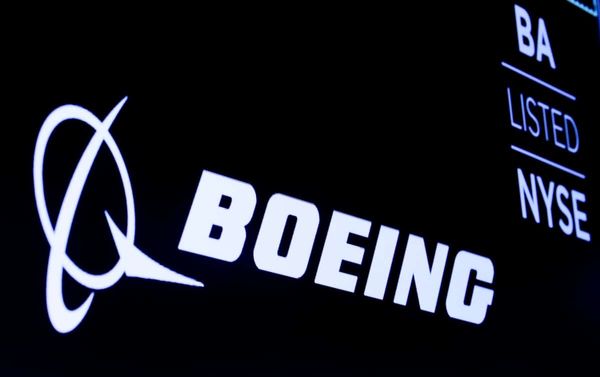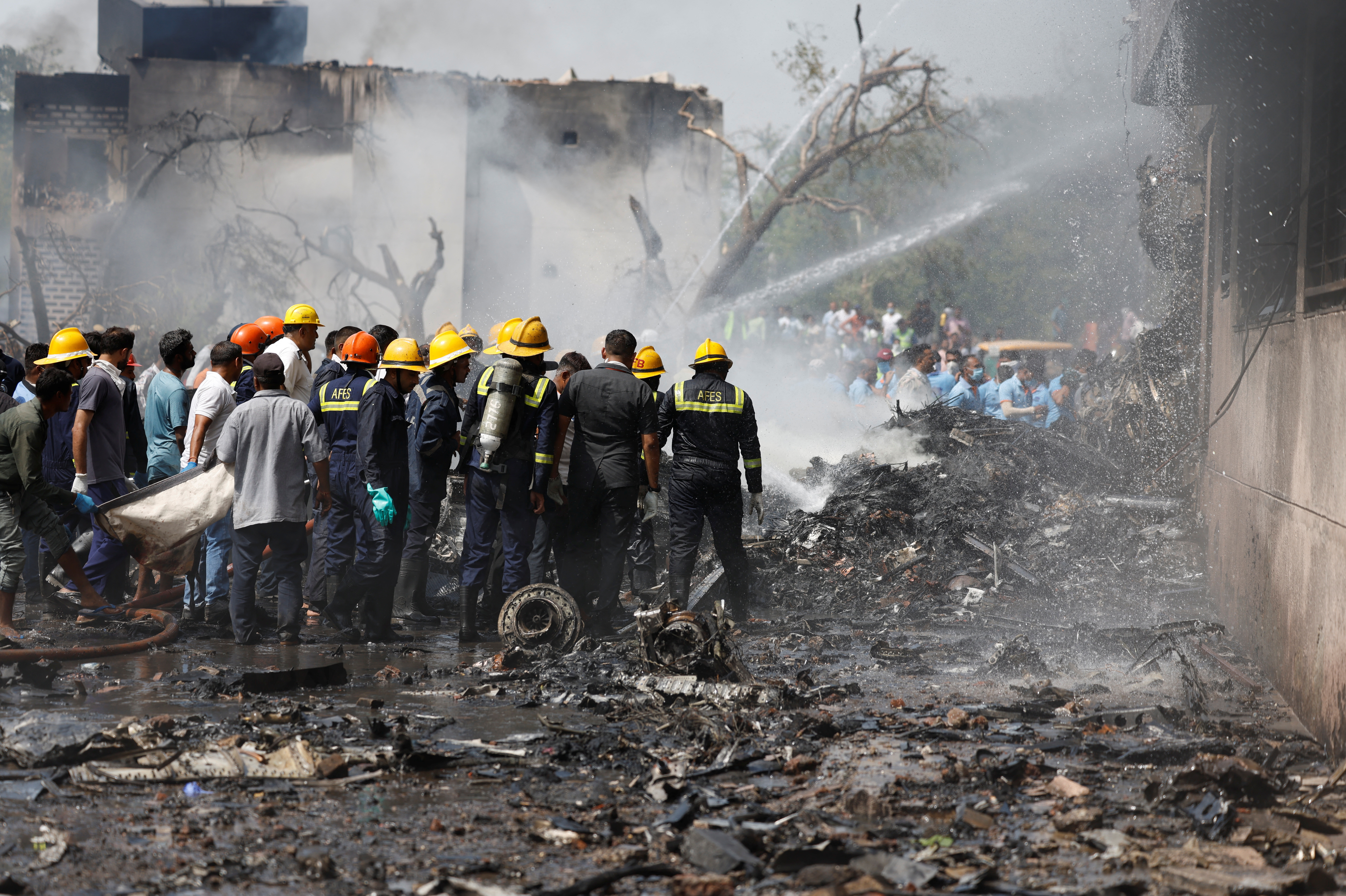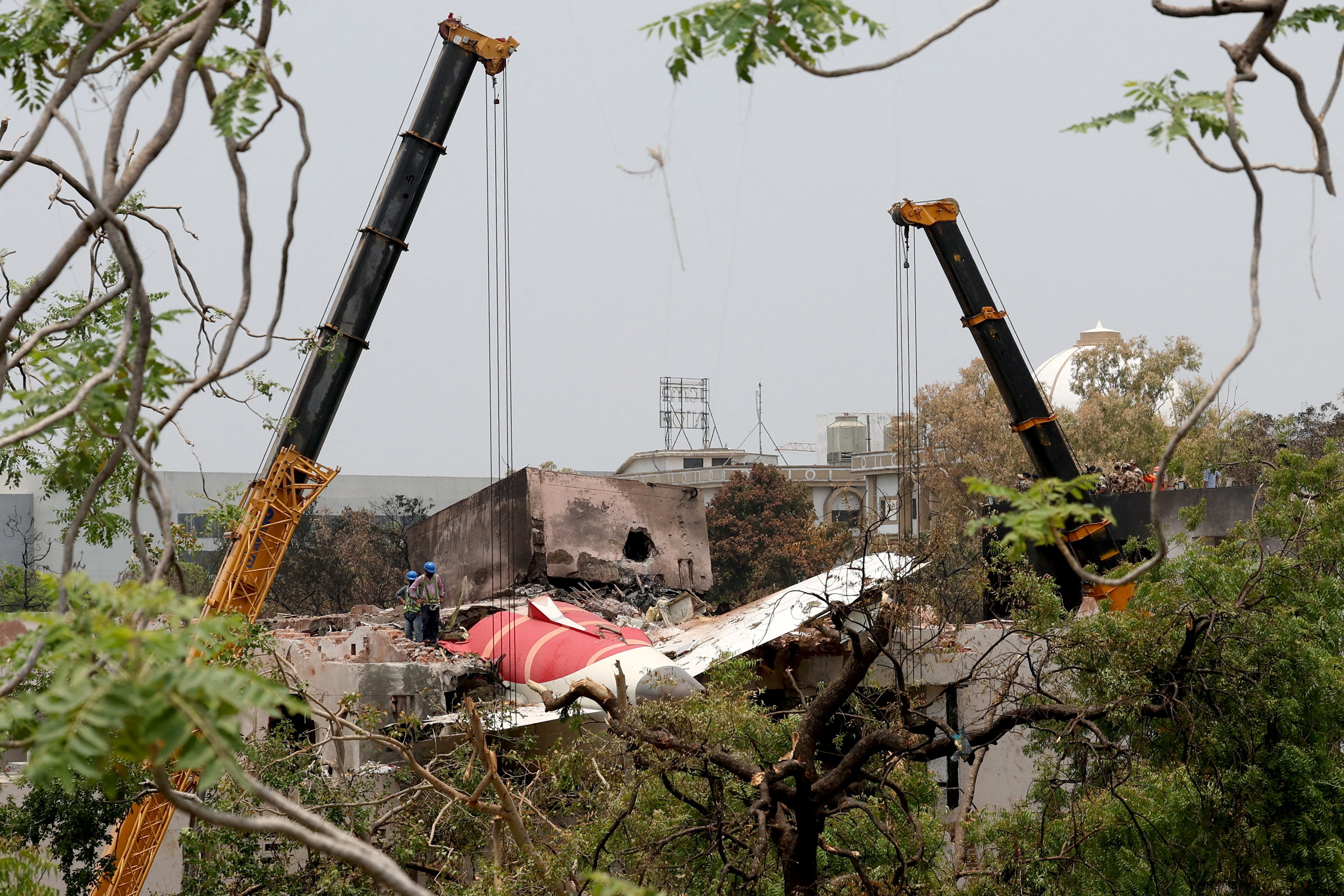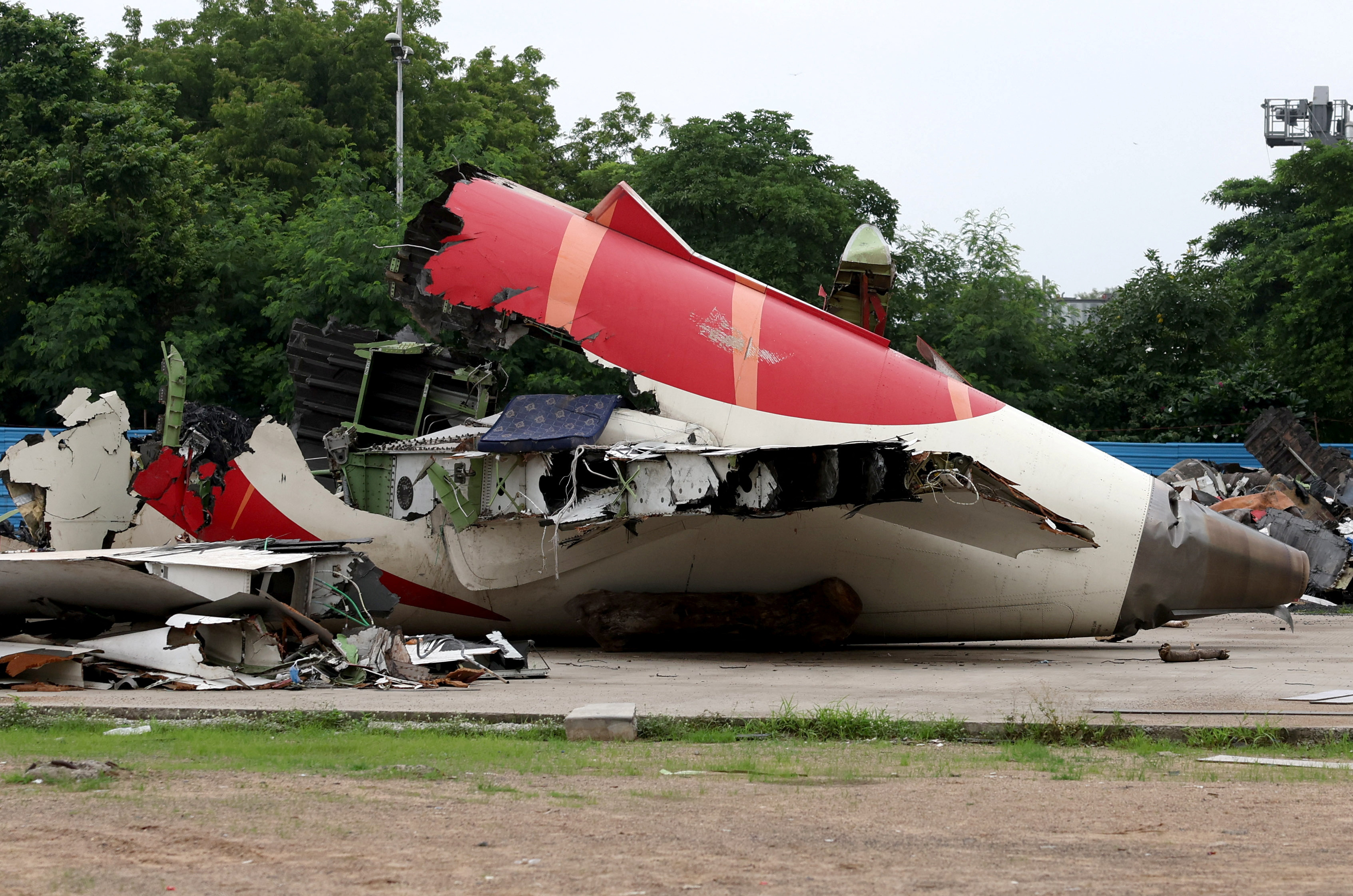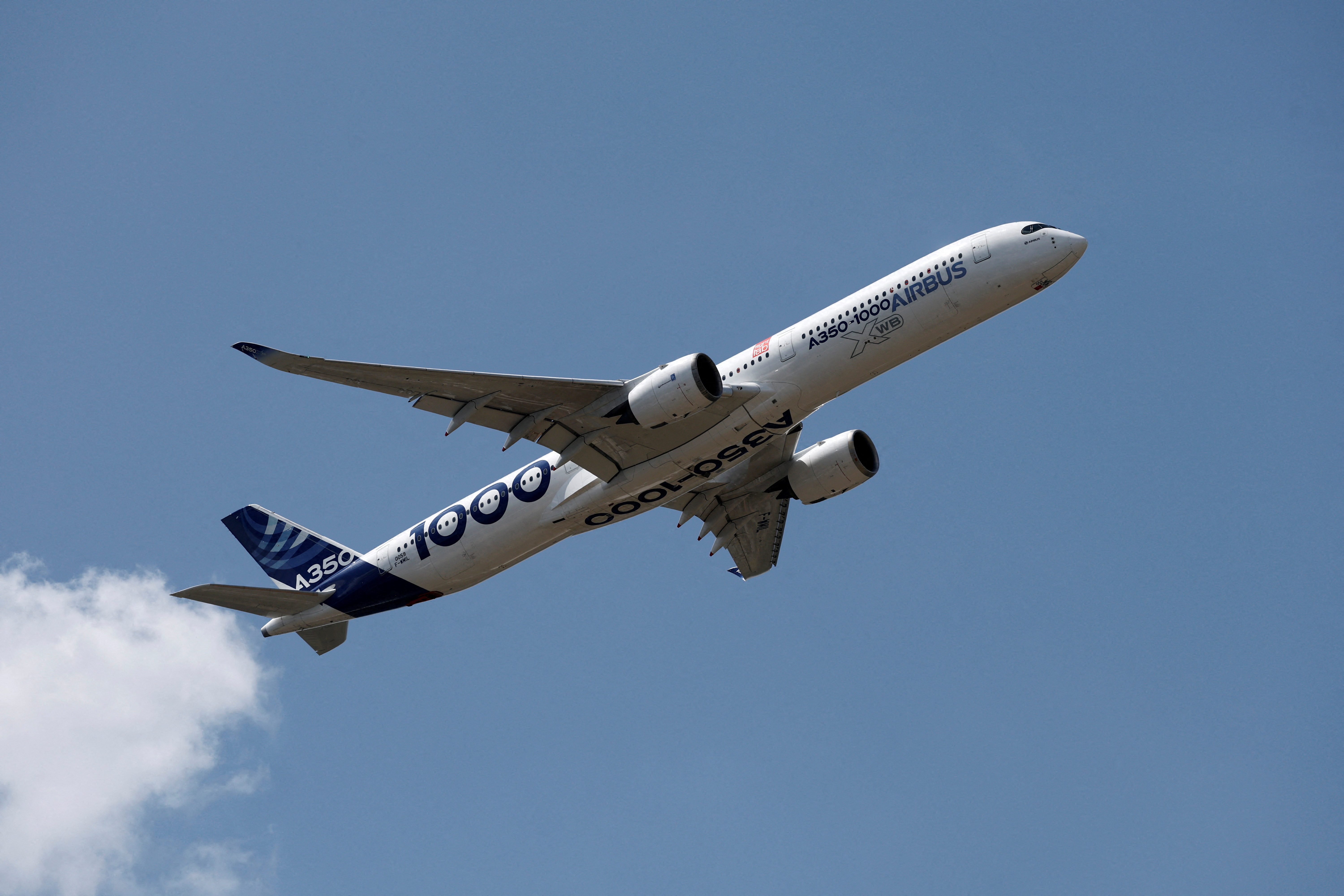WASHINGTON, June 18 — Boeing chief executive officer Dave Calhoun was grilled by United States lawmakers in a Senate hearing yesterday over the air giant’s growing safety and quality control crises.
“It’s not enough for Boeing to shrug its shoulders and say, well, mistakes happen,” Democratic senator Richard Blumenthal, chair of a Senate subcommittee on investigations, said in his opening remarks.
“This is not an industry where it’s okay to cut corners, to reduce inspections, to take shortcuts, and rely on broken parts that happen to be sitting around,” Blumenthal said.
Among the audience are families of victims of the two crashes in 2018 and 2019 that killed 346 people, involving Boeing’s 737 Max. Many came holding posters of loved ones who lost their lives in those tragedies.
Blumenthal also mentioned the incident in January when a door plug blew out of an Alaska Airlines Boeing 737 Max 9 shortly after takeoff.
“The facade quite literally blew off the hollow shell that had been Boeing’s promises to the world,” he said.
Calhoun, who took charge in January 2020 following the two deadly crashes, defended the company’s actions to try to improve manufacturing quality and restore its damaged safety reputation in recent years.
Senators also questioned the Boeing boss over the company’s treatment of whistleblowers.
Republican senator Ron Johnson, ranking member of the subcommittee, said in the hearing that after whistleblower John Barnett raised his concerns about missing parts, “he reported that his supervisor called him 19 times in one day, and 21 times another day”.
“When Barnett asked his supervisor about those calls, he was told, ‘I’m going to push you until you break’,” Johnson said.
Barnett, who testified in his whistleblower case against the troubled planemaker, was found dead from a gunshot wound in his car in Charleston, South Carolina, on March 9. A law enforcement investigation has concluded that the cause of death was suicide.
“Do you think Boeing has done enough today to make those kinds of corrections? And what would you say to the whistleblowers who have come forward and face retaliation?” Johnson said.
“I asked myself that question every day. Have we done enough?” Calhoun said.
Republican senator Josh Hawley criticised the Boeing CEO’s compensation package of nearly 32.8 million last year, noting that it’s a 45 per cent increase from 2022.
“We’ve had multiple whistleblowers come before this committee and allege that Boeing is cutting every possible corner on quality and safety not just in the past, but now,” said Hawley.
“They’ve alleged you’ve eliminated safety inspections and that there are fewer inspectors doing quality inspections out there. They alleged that when they raised quality issues and concerns, they were reassigned, they were retaliated against, they were physically threatened,” Hawley continued.
In his response, Calhoun said the company has increased quality inspectors “significantly”.
Calling on Boeing to change “a broken safety culture”, Blumenthal said the plane-maker “needs to stop thinking about the next earnings call and start thinking about the next generation”.
Meanwhile, according to German news agency Boeing chief executive Dave Calhoun yesterday apologised to the relatives of the victims of the fatal crashes (in 2018, 2019) involving the aircraft maker’s 737 planes during the hearing.
“We are deeply sorry for your losses,” Calhoun said yesterday, addressing several of the victims’ relatives present.
“Nothing is more important than the safety of the people who step on board our planes. Every day we seek to honour the memory of those lost through a steadfast commitment to safety and quality.”
The accidents involving 737 MAX 8 aircraft belonging to Indonesian airline Lion Air and Ethiopian Airlines were caused by problems with flight control software.
The system, known as MCAS, was designed to help pilots control the aircraft in certain situations. However, in both cases, the pilots were surprised by the software’s irregular intervention.
Boeing previously acknowledged it had not accurately communicated the extent of pilot training required to operate the software to the US Federal Aviation Administration.
Following the second accident, 737 Max aircraft were grounded worldwide for more than 18 months and were only authorised to fly again after technical improvements had been made.
— Bernama


